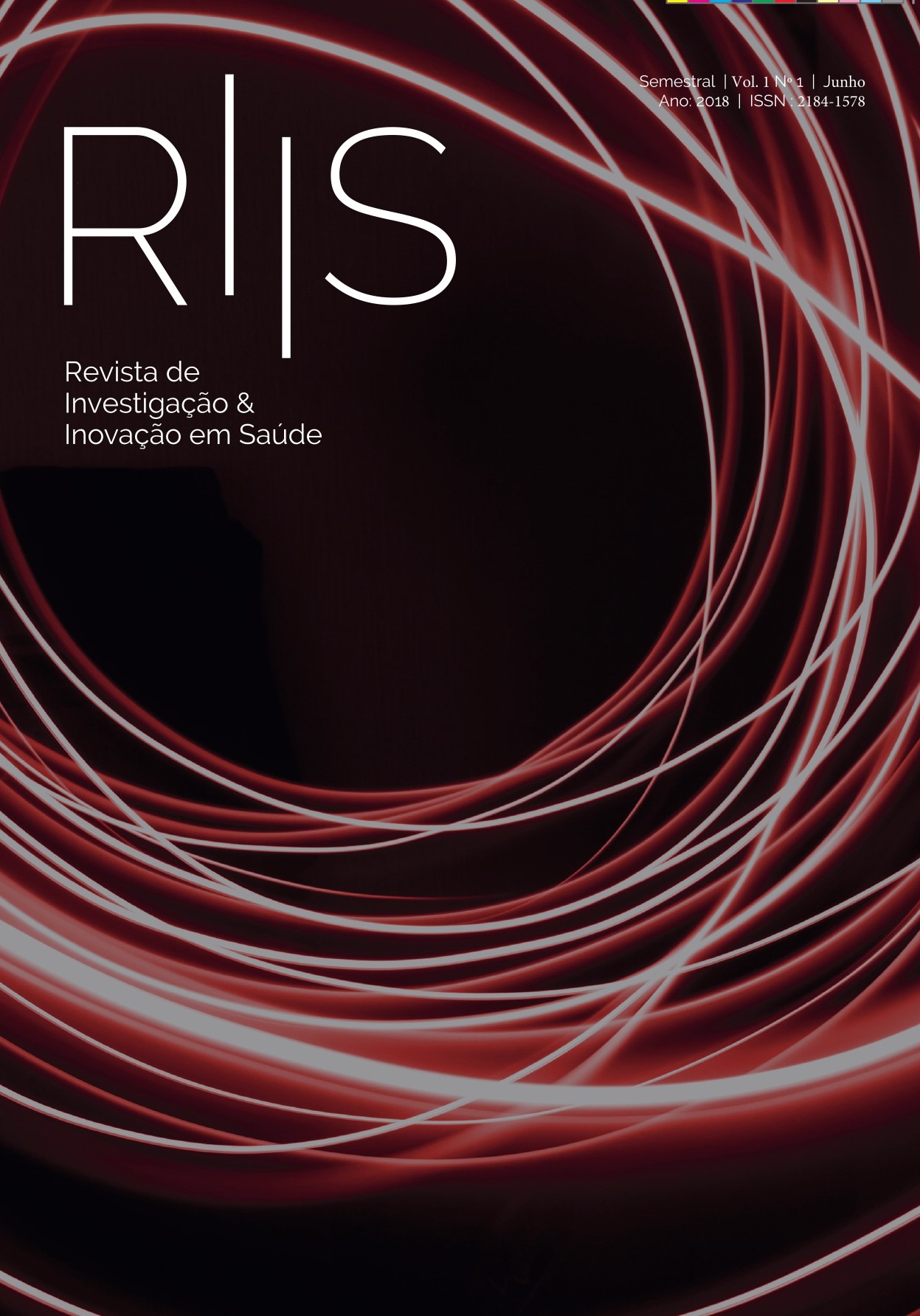Obstáculos no Acesso à Saúde pelos Imigrantes: Análise de Género
DOI:
https://doi.org/10.37914/riis.v1i1.31Palavras-chave:
imigrantes; crenças; interculturalidade; enfermagemResumo
Enquadramento: a presença de diferentes culturas pela enorme diversidade de imigrantes em Portugal provoca alterações no comportamento dos profissionais de saúde. Objetivo: conhecer os fatores que influenciam a procura dos cuidados de saúde segundo o género dos imigrantes ucranianos na região metropolitana do Porto. Metodologia: estudo exploratório-descritivo e correlacionai com abordagem quantitativa e qualitativa. A informação foi recolhida por questionário e 11 entrevistas numa amostra de conveniência constituída por 212 imigrantes ucranianos. Resultados: evidência de dificuldades no acesso aos cuidados de saúde não se verificando diferenças significativas quanto ao género. Uma vez que as mulheres Ucranianas procuram mais os cuidados, são elas que referem mais obstáculos no acesso à saúde (comunicação ineficaz, barreira linguística, barreira cultural, diferentes interpretações dos sintomas, desarticulação entre serviços, crenças, dificuldade na conjugação de horários, custos com os tratamentos, desconhecimento dos direitos como imigrante, situação de ilegalidade, receio de descriminação). Conclusão: barreiras culturais e linguísticas e desarticulação entre serviços influenciam negativamente a procura dos cuidados. As mulheres são as maiores utilizadoras dos serviços de saúde. Os serviços devem dispor de tradutores, mediadores culturais. Espera-se que os serviços e os profissionais de saúde desenvolvam planos dirigidos aos imigrantes. Sugere-se formação que aumente a competência cultural dos profissionais.
Referências
Bardin, L. (2010). Análise de Conteúdo. Lisboa, Portugal: Edições 70.
Brach, C., & Fraserirector, 1. (2000). Can Cultural Competency Reduce Racial and Ethnic Health Disparities? Medical Care Research and Review. 1, 181-217.
CCHS. (1997). Health Care for Children of lmmigrant Families", Pediatrics, 100. 153-156.
Crespo, M. L., Maio, R. G., Martínez, 1. C., & Antón, M. D.
(2004). Competencia cultural y cuidados. Análisis conceptual y revisión bibliografica. Evidentia (sept-dic. 1(3).
Dec. lei nº 120 de 8 de junho. (1999). Diário da República n!!186. I Série. Lisboa: Ministério de Saúde.
Denzin, N., & Lincoln, Y. (2011). The Sage Handbook of Qualitative Research. {4ª ed.). Califórnia: Hardcover.
Fennely, K. (2004). Listening to the Experts: Provider Recommendations on the Health Needs of lmmigrants and Refugees. Sweden: Malmo University.
Fernandes, A., Padilla, B., Carballo, M., & Miguel, J. P. (2012). The road ahead:conclusions and recommendations. Lisboa: Challenges for health in the age ofmigration. Portuguese Presidency Conference on Migration and Health.
Fonseca, M., & Silva, S. (2010). Lisboa: Saude e lmigraçao: Utentes e Serviços na área de influencia do Centro de Saúde da Graç. Estudos 01.
Fortin, M. F. (2009). O Processo de lnvestigaçao: Da concepçao à realizaçao. Loures: Lusodidata.
González, J. S. (2003). Antropología y Enfermería. La necesaria simbiosis entre dos disciplinas para vertebrar culturalmente la teoría y la praxis de los cuidados. lndex Enferm, Ano Xll(43), 28-32.
lmperatori, E., & Giraldes, M. d. (2005). Metodologia do Planeamento da saúde. (3ªed.). Lisboa: Escola Nacional de Saúde Publica.
Juárez, R. M. (2003). Enfermería transcultural. lndex Enferm, Ano Xll(43), 85-86.
Lopes, L. (2007). Gravidez e Seropositividade em mulheres imigrantes na região. (1ª ed.). Lisboa: ACIDI.
Lyudmila, B. (2010). Seminario de Boas Práticas- Saudar, Género e Imigração. Coimbra: Saudar-Graal.
Marco, M. 1., lbort, M. N., & Edo, M. J. (2003). Formación en relación dei personal de enfermería. Responde a una enfermería transcultural?. lndex Enferm, Anõ Xll(43), 88.
Mendes, M. (2011). Representações e estereótipos dos imigrantes. Lisboa.
Polit, D. F., & Beck, C. T. (2011). Fundamentos de pesquisa em enfermagem: métodos, avaliaçao e utilizaçao (7ª ed.). Porto Alegre: Artmed.
Polit, D., & Beck, C. (2011). Nursing research: Generating and assessing evidence for nursing practice. (9ª ed.). Philadelphia: PA: Lippincott, Williams & Wilkins.
Preciado, M. M. (2003). lnmigración hoy. EI reto de los cuidados transculturales. lndex Enferm. Ano Xll(42), 29-33.
Purnell, L., & Paulanka, B. (2010). Cuidados de Saúde Transculturais Uma Aborgagem Culturalmente Competente. (3ª ed.). Loures: Lusodidacta.
Reis, M., Ramiro, L., Gaspar de Matos, M., & Dinis, J. (2013). Os comportamentos sexuais dos universitários portuguese de ambos os sexos de 2010. Revista Portuguesa de saúde pública. 30(2).
Sousa, J. (2006). Os imigrantes Ucranianos em Portugal e os cuidados de saúde. Lisboa: ACIME.
Sousa, J. E. (2011). Imigrantes ucranianos em Portugal satisfação das necessidades de imigração à adaptação de comportamentos saudáveis. Lisboa: Universidade Aberta.
Downloads
Publicado
Como Citar
Edição
Secção
Licença
Direitos de Autor (c) 2018 Revista de Investigação & Inovação em Saúde

Este trabalho encontra-se publicado com a Licença Internacional Creative Commons Atribuição 4.0.















